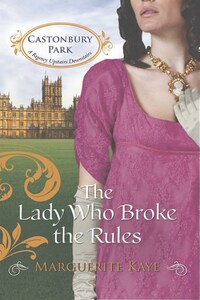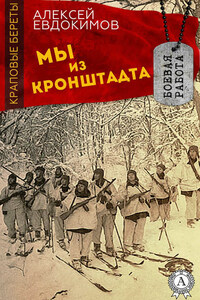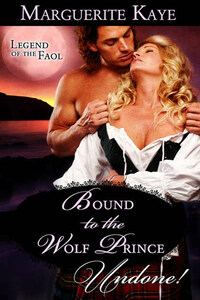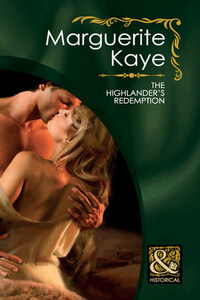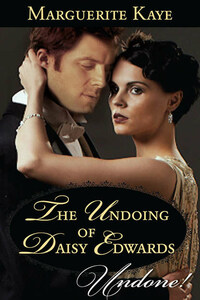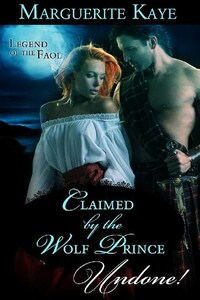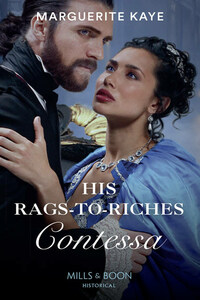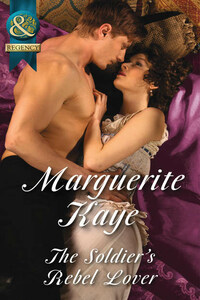Survival of the fittest is fine, so long as youâre the one on top ⦠but the family that has everything is about to lose it all â¦
The Montagues have found themselves at the centre of the tonâs rumour mill, with lords and ladies alike claiming the family is not what it used to be.
The mysterious death of the heir to the Dukedom, and the arrival of an unknown woman claiming he fathered her son, is only the tip of the iceberg in a family where scandal upstairs and downstairs threatens the very foundations of their once powerful and revered dynasty â¦
August 2012
THE WICKED LORD MONTAGUE â Carole Mortimer
September 2012
THE HOUSEMAIDâS SCANDALOUS SECRET â Helen Dickson
October 2012
THE LADY WHO BROKE THE RULES â Marguerite Kaye
November 2012
LADY OF SHAME â Ann Lethbridge
December 2012
THE ILLEGITIMATE MONTAGUE â Sarah Mallory
January 2013
UNBEFITTING A LADY â Bronwyn Scott
February 2013
REDEMPTION OF A FALLEN WOMAN â Joanna Fulford
March 2013
A STRANGER AT CASTONBURY â Amanda McCabe
Duke of Rothermere
Castonbury Park
Darling Kate,
I know you have had a turbulent time of late and that being part of the Montague family comes with its own pressures. Still, it is good to have you home, where I hasten to say I can keep an eye on you. Daughter, your fiery nature and past misdemeanours have not gone unnoticed by me or the rest of the household. Still, your reputation can be salvagedâand I do hope youâll take this time to find a most suitable husband.
Yours,
Father
Born and educated in Scotland, MARGUERITE KAYE originally qualified as a lawyer but chose not to practise. Instead, she carved out a career in IT and studied history part-time, gaining a first-class honours and a Masterâs degree. A few decades after winning a childrenâs national poetry competition, she decided to pursue her lifelong ambition to write and submitted her first historical romance to Mills & Boon. They accepted it and sheâs been writing ever since. You can contact Marguerite through her website at: www.margueritekaye.com
Previous novels by the same author:
THE WICKED LORD RASENBY
THE RAKE AND THE HEIRESS
^ INNOCENT IN THE SHEIKHâS HAREM
^ THE GOVERNESS AND THE SHEIKH
*THE HIGHLANDERâS REDEMPTION
*THE HIGHLANDERâS RETURN
RAKE WITH A FROZEN HEART
And in Mills & Boon>® HistoricalUndone!eBooks:
THE CAPTAINâS WICKED WAGER
THE HIGHLANDER AND THE SEA SIREN
BITTEN BY DESIRE
TEMPTATION IS THE NIGHT
+ CLAIMED BY THE WOLF PRINCE
+ BOUND TO THE WOLF PRINCE
+ THE HIGHLANDER AND THE WOLF PRINCESS
^ THE SHEIKHâS IMPETUOUS LOVE-SLAVE
SPELLBOUND & SEDUCED
^ linked by character
* Highland Brides
+ Legend of the Faol
The history of slavery has fascinated me. Itâs a complex, emotive and often controversial subject and no one except those who experienced it can know what it was really like. In writing this book I did a lot of research, but ultimately what Iâve written is a personal take which may or may not resemble ârealityâ. What I want to share with you are some of my reasons for choosing to take on the challenge of making a freed slave a romantic hero in the first place.
The Lady Who Broke the Rules is set in 1816. In the United States the trade of slaves was abolished in the north in 1804, after which the manumission of slaves in those states gathered momentum. In the South, however, where cotton was in increasing demand (paradoxically thanks to the northâs industrialisation of textile manufacture), slaves were a hugely important part of the economy and resistance to abolition was significant.
Virgil, my hero, was born into slavery in the South and freed in the north. He was one of the fortunate ones who came to true eminence and used his wealth to give others the chances he had had to make for himself. Though in reality this kind of success was rare, it was not unheard of. Robert Purvis is just one example of the black philanthropists from whom I took inspiration for Virgil, but his entrepreneurial side is an amalgamation of a whole number of black men and women who flourished in nineteenth-century Boston, renting out real estate, setting up restaurants and beauty parlours, making shoes and clothes for the mass market, taking on the establishment by training as lawyers and doctors.
Across the pond in Great Britain many aristocratic families had derived a large part of their wealth from plantations in the West Indies which relied on slavery, but their influence was on the decline. The actual trade of slaves became illegal in 1807 and, although it was not until 1833 that slavery itself was abolished, by 1816 the growing Abolitionist movement, coupled with the decline of the economic significance of the West Indies plantations, made the idea, if not the reality, of slavery much less politically and socially acceptable than it had been a decade or so before.
From the point of view of this story, what interested me most about the British abolitionists was how many of them were women. It was one of the few political causes in which it became acceptable for women to participate and in which women took a leading and influential role, so I relished the opportunity to create a heroine who could, without it seeming a historical anachronism, be active politically and philanthropically. Josiah Wedgwoodâs daughter, Sarah, who introduces Kate to Virgil, was just one real-life example I drew on.
